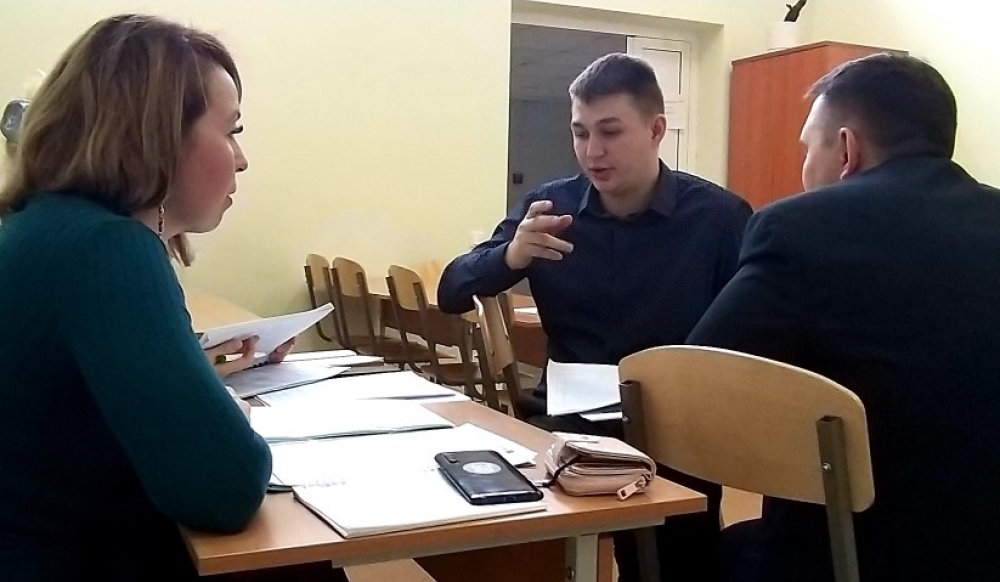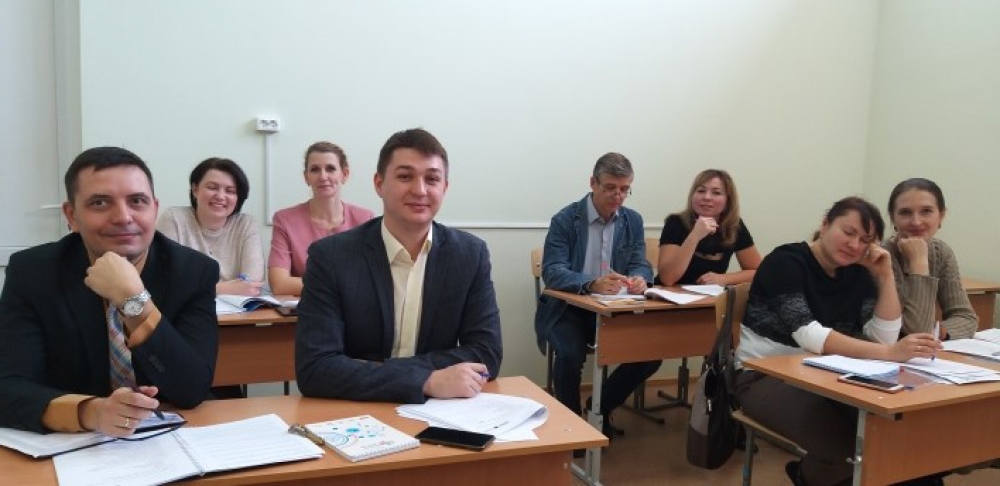
“Foreign Languages in Engineering. Academic Writing” course was elaborated by NMSTU EXTEND team members Natalia Zerkina, PhD in Philology, Associate Professor, and Yuliya Savinova, PhD in Pedagogy, Associate Professor.
“Foreign Languages for Engineering. Academic Writing” is a concise but comprehensive course on how to:
From October, 2019 to May, 2020 the course is being piloted face-to-face with of 10 trainees in each of the 2 groups (20 trainees as a whole, including teachers and PhD students) by N. Zerkina and Yu. Savinova. The duration of the course is 72 hours, which corresponds to 2,6 ECTs. Classes take place twice a week, the duration of one class is 1h30 min.
The course includes 5 modules:
|
Module 1 |
SELF PRESENTATION OFF AND ON LINE |
|
Module 2 |
MODERN ENGINEERING: CHALLENGES & PERSPECTIVES |
|
Module 3 |
SAFETY AT A WORKING PLACE |
|
Module 4 |
ENGINEERING DESIGN/ WORKING WITH DRAWINGS& DIMENSIONS |
|
Module 5 |
TEAM-BUILDING/BUILDING AND CULTIVATING RELATIONSHIP AS A CAREER STRATEGY |
Each module has the same structure aimed at developing language and linguistic and cultural skills.
On completion of the course in May, 2020, trainees will get official certificates of professional retraining. Now the course is being adopted for e-version. Didactic materials are taken from real sites (links to the sites are given) and adopted for training purposes, private developers’ materials are included into the course as well. “Listening” part was arranged with a help of mentors from Riga Technical University, who were asked to make recording for the course. It is planned to make recording of “Listening” part with native- and non-native speakers, as in real life we speak more often with non-native speakers.
Learner-oriented approach which is applied in the course shows that teachers must have in advance prepared ‘differentiation’ strategies to ensure that their activity instructions are understood, ask learners to explain the instructions back or make them available in different formats (on screen, board or paper). Teachers scan the class regularly to check that everyone is on task.Various forms and techniques of training such as case studies, monologues, dialogues, polylogues, role plays, flipped learning, Project-based learning, ICT learning, Problem-based learning, etc. are implemented.English is treated as a means of building professional capacity of future engineers and teachers of engineering disciplines. The course has gained popularity among learners, who expressed their positive attitude in feedback videos about its relevance nowadays.
All necessary documents have been carefully prepared for the course: the Decree of enrolment, work program of the course, lists of attendance are available as well. The course has gained popularity among learners, who expressed their positive attitude in feedback videos about its relevance nowadays.


